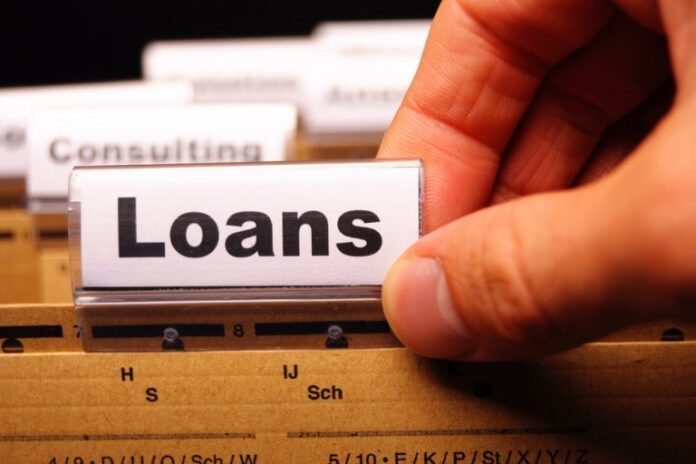The financial landscape is continuously evolving, bringing with it varied options for accessing funds. One such mechanism is the provision of quick loans. These short-term, often unsecured loans could offer a safety cushion in times of financial emergencies. However, is this way of borrowing funds right for everyone?
What Is Meant By Quick Loans?
Also known as instant loans or same-day loans, Quick loans are actually short-term financing that are ideal for borrowers who need quick access to funds. The aim of these funds is to fill the economic gap occurring between paychecks, thus removing the need for the wait.
It is important to comprehend how quickly loans work because unprecedented situations can occur at any time. A few examples are emergency car repairs, urgent home repairs, or unpredicted medical bills. Hence, quick loans act as the necessary backup when you are still far from receiving your wage.
In any nation, a lot of lenders are available to provide quick loans, so you just need to find the right one for yourself. Make sure to compare different loan companies before settling in for the one, as there might be varied interest rates. Check out a few pros and cons of quick loans in the next section of the article.
Advantages of Quick Loans
There are several benefits associated with quick loans, unraveling why they’ve become an increasingly popular choice amongst consumers. Let’s delve into the most significant ones:
- Speed: These loans live up to their name. With less paperwork involved and often fully online application processes, borrowers can fill out a form and receive cash rapidly, sometimes within a matter of hours.
- Accessible: Unlike traditional loans, the qualification criteria for quick loans are usually more lenient. Even those with less-than-ideal credit scores may qualify.
- Flexibility: Whether you need funds for a medical emergency, unexpected repairs, or a last-minute necessity, these loans offer the flexibility to use them as per your need.
- No Collateral: The unsecured nature of quick loans means that borrowers don’t have to leverage personal assets as collateral to secure the loan.
Disadvantages of Quick Loans
Despite their apparent advantages, quick loans are not without their downsides. It’s crucial to understand these cons before deciding on this financial option:
- High Interest Rates: In exchange for their speed and convenience, quick loans often come with higher interest rates compared to more traditional loans.
- Fees and Charges: Quick loans often include various fees like late payments, early repayments, or setup fees. These can accumulate and significantly increase the cost of the loan.
- Debt Trap: The ease and accessibility of obtaining quick loans might lead borrowers to rely on them heavily, creating a cycle of debt that is difficult to escape.
- Impact on Credit Score: If you’re unable to repay in a timely manner, it may reflect negatively on your credit score and affect future borrowing capacities.
Parting Thoughts
Quick loans offer a quick fix in dire financial situations but are not necessarily a long-term financial solution. They can be handy during emergencies, but the associated costs and potential pitfalls must also be taken into account.
Before jumping into quick loans, it’s worth doing your homework and exploring alternative ways to manage your finances. If you do decide to take a quick loan, make sure to thoroughly read the terms and conditions and have a solid plan for repayment.
Always remember that borrowing responsibly is the key to sound financial health. With that, here we conclude this guide. Do not forget to share your thoughts on Quick Loans by commenting below.
